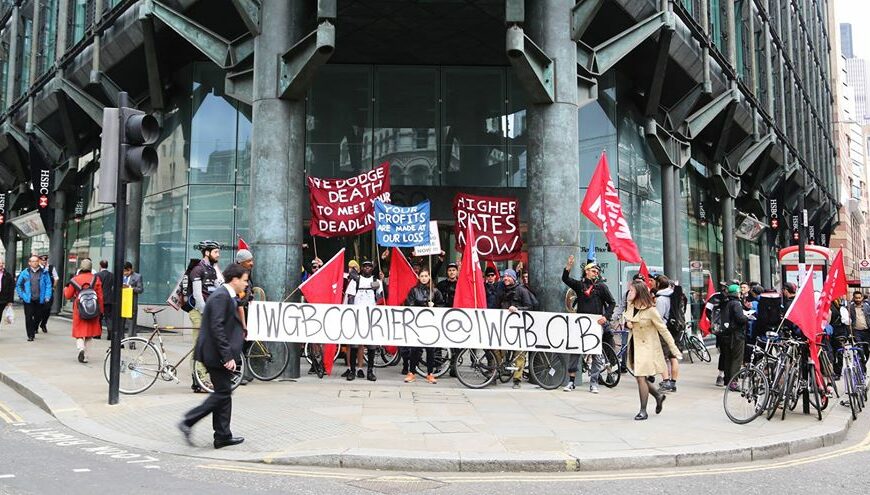Alex Marshall
Alex Marshall is the President of the Independent Workers’ Union of Great Britain (IWGB). He previously worked as a courier... Read more »
Jamie Woodcock
Jamie Woodcock is the author of The Fight Against Platform Capitalism (University of Westminster Press, 2021), The Gig Economy (Polity, 2019), Marx at the... Read more »










Don’t be fooled, Uber is still dodging the minimum wage